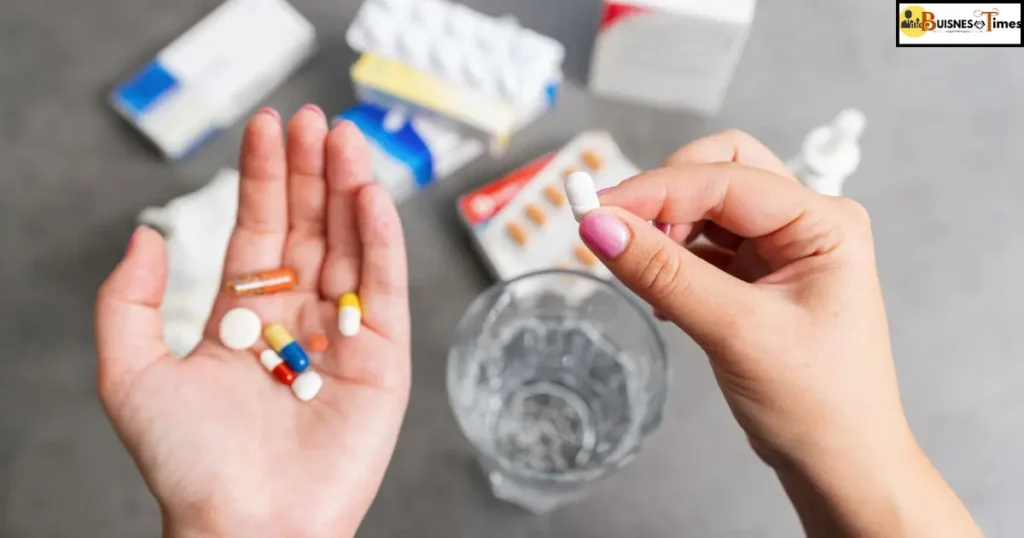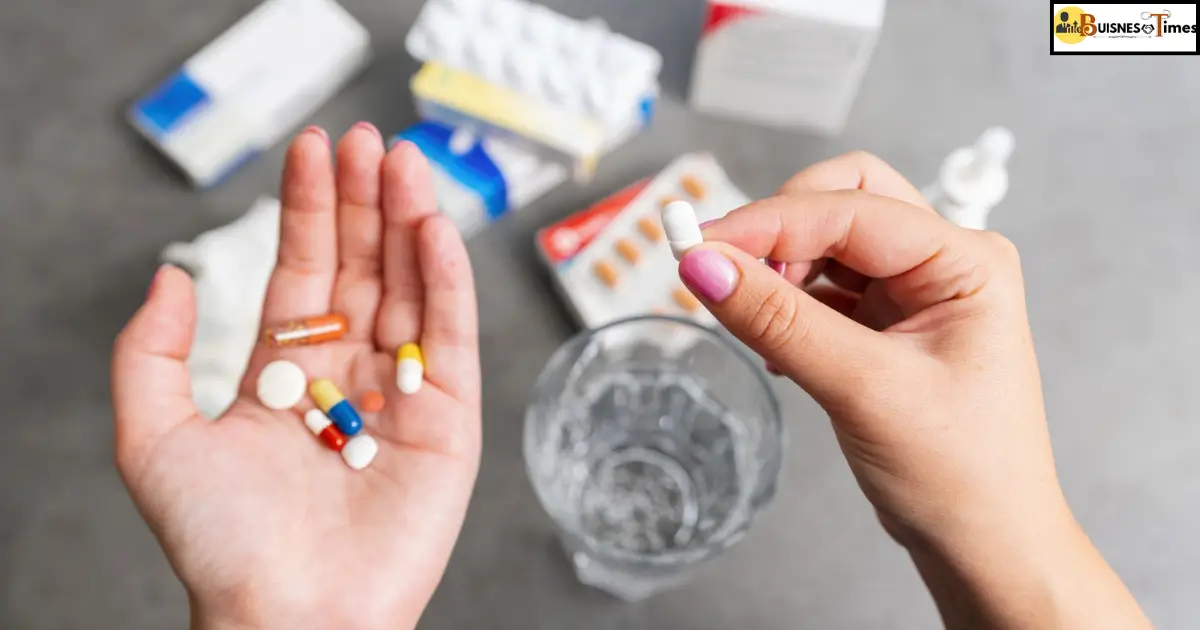A major of new ADHD Medicines Study published in the British Medical Journal (BMJ) has found that medicines used to treat attention deficit hyperactivity disorder (ADHD) are associated with a significantly lower risk of suicidal behavior, substance misuse, and criminal activity.

Read Related Article : How to Beat Stress in Just 5 Minutes a Day
The research — described as the first of its kind — offers fresh evidence in support of ADHD medication, amid a heated global debate over whether the condition is being overdiagnosed and over-treated with drugs like Ritalin and Strattera.
ADHD Medicines: A Growing Global Concern
ADHD is a neurodevelopmental disorder marked by difficulty focusing, impulsivity, and restlessness. It affects an estimated 5% of children and 2.5% of adults worldwide. In addition to the core symptoms, ADHD Medicines has been linked to a higher risk of self-harm, substance addiction, and even involvement in criminal activities.
While critics of ADHD treatment argue that the surge in diagnoses has led to unnecessary prescribing, this new research focuses instead on the potential protective effects of medication for those properly diagnosed.
Study Overview – Sweden’s Nationwide Data
Researchers designed their study to mirror the rigorous methodology of a randomized clinical trial — the gold standard in medical research — but on a much larger, real-world scale.
The team examined national health registry data from nearly 150,000 Swedish patients who had recently been diagnosed with ADHD Medicines . Over a two-year follow-up period, the researchers compared outcomes between patients who took ADHD Medicines and those who did not.
Key Findings – Significant Risk Reduction
The results were striking:

- 17% reduction in suicidal behavior among patients on ADHD Medicines
- 15% decrease in substance misuse
- Lower risks of criminal activity and transport-related accidents
- Benefits also seen in preventing recurrence of risky behaviors
Importantly, the positive effects were stronger in people taking stimulant medications — such as Ritalin (methylphenidate) — compared to those on non-stimulants like Strattera (atomoxetine).
“These data should inform clinical guidelines, policies, and current debates,”
said Professor Samuele Cortese, child and adolescent psychiatry expert at the University of Southampton, and one of the study’s authors.
Why These Findings Matter
The research adds real-world clinical evidence to the discussion on ADHD treatment, reinforcing the view that medication can be life-saving for some patients.
Although the study cannot conclusively prove cause and effect — as other factors, such as ADHD severity, might also play a role — the size of the dataset and the sophisticated statistical analysis strengthen the case for the benefits of medication.

Dr. Adam Guastella, clinical psychologist at the University of Sydney’s Brain and Mind Center, who was not involved in the research, said:
“The large sample size, use of a national registry, and advanced analysis give us more confidence that the findings are not just explained by something else other than medication use.”The Stimulant vs. Non-Stimulant Debate
Stimulants like Ritalin and Adderall remain the most common ADHD Medicines medications worldwide. They are known for their quick onset of action and strong effects on attention and impulse control.
Non-stimulants, such as Strattera, work differently — often prescribed when stimulants are unsuitable due to side effects or pre-existing health conditions.
This study suggests that stimulants may offer a greater protective benefit against risks like self-harm and substance misuse.
Rising ADHD Medication Prescriptions
The findings also come at a time when ADHD Medicines prescriptions are surging globally.
In England, for example, prescriptions for ADHD medicines have risen 18% year-on-year since the Covid-19 pandemic, according to separate research published in BMJ Mental Health.
This increase is thought to be linked to:
- Greater public awareness of ADHD symptoms
- More screening and diagnoses in adults
- A cultural shift toward addressing mental health issues openly
Balancing Treatment with Responsible Diagnosis
While the benefits of medication are now more evident, experts stress the need for accurate diagnosis and personalized treatment plans.
Professor Cortese emphasized that this study does not address whether ADHD Medicines is being overdiagnosed, but it does underline the value of proper medical treatment for those genuinely affected.
What This Means for Patients and Families
For individuals living with ADHD, the study offers reassurance that approved medical treatment may not only help manage symptoms but also reduce the risk of dangerous behaviors that can have life-altering consequences.
For families, it’s a call to ensure that loved ones receive comprehensive evaluation and ongoing monitoring — combining medication with behavioral therapy, lifestyle changes, and support systems for the best outcomes.
Looking Ahead – Shaping Future ADHD Care
This landmark study will likely influence ADHD treatment guidelines across the globe.
Doctors may now have stronger evidence to recommend medication for certain high-risk patients, especially when combined with non-drug interventions.
The research also highlights the importance of long-term tracking of ADHD patients to better understand how treatment impacts different aspects of life over time.
Study at a Glance
Title: ADHD Medication and Risks of Suicidal Behavior, Substance Misuse, and Criminality
Published in: British Medical Journal (BMJ)
Sample Size: 150,000 patients
Country: Sweden
Follow-Up Duration: 2 years
Main Finding: ADHD medications, especially stimulants, linked to reduced risks in key harmful behaviors.

